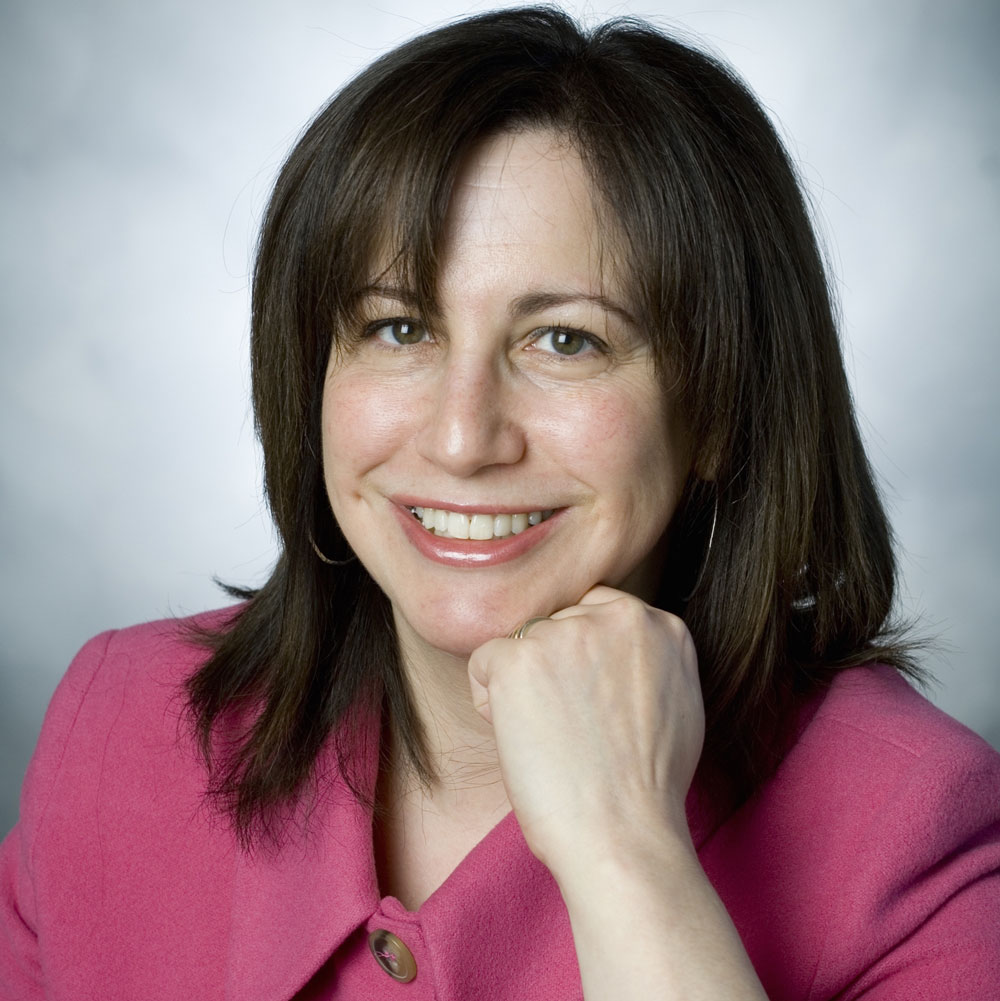
Political scientist Yasmeen Abu-Laban appointed Fellow of the Canadian Institute for Advanced Research (CIFAR) program, Boundaries, Membership and Belonging
Today, the Canadian Institute for Advanced Research (CIFAR) appointed University of Alberta political scientist Yasmeen Abu-Laban a Fellow of the CIFAR program Boundaries, Membership and Belonging, effective July 1, 2019 to June 30, 2024.
CIFAR is a Canadian-based, global not-for-profit organization that addresses the complex, high-risk questions facing science and humanity, while at the same time, strengthening the Canadian research environment through engagement with international research communities.
Committed to fostering the next generation of research leaders, Abu-Laban's CIFAR appointment was preceded by an earlier announcement (in April) that the proposal that she and her team developed for Boundaries, Membership and Belonging had received approval following a global call for "novel, bold and transformative" ideas for new research programs.
As noted in the program's description, migration and globalization are weakening traditional boundaries around the world, causing many to stake alternate claims of membership in their search for a sense of belonging. If a new, inclusive sense of "we" is not developed, people may turn instead to appeals based on exclusionary boundaries of ethnicity, religion and class, leading to injustice towards non-members.
Led by co-directors Irene Bloemraad (UC Berkeley) and Will Kymlicka (Queen's), Boundaries, Membership and Belonging asks the question, is it possible to have a world without "us" and "them"? In exploring ways to create and empower groups without falling back on divisive and hierarchical concepts, Abu-Laban says the answer to this question can lend insight into how to build stronger and more inclusive social and political practices.
"It is super exciting to be involved in something like this," says Abu-Laban, who in 2018 was named a Canada Research Chair in Politics of Citizenship and Human Rights. "[Our program] involves political scientists, but also sociologists, philosophers, social psychologists and legal scholars. We need insights from multiple disciplines because this basic question of how we create and might be able to mitigate divisions between "us" and "them" is one of the most pressing questions of our time, given the rise of xenophobic populism."
Founded in 1982, CIFAR's research programs have addressed critical questions across four interdisciplinary theme areas: Life & Health; Individuals & Society (under which Boundaries, Membership and Belonging falls); Information & Matter; and Earth & Space. Traditionally focused on science, computing and medicine, CIFAR's refreshed mandate is now more inclusive of social science and humanities research, exemplified by their investment in Boundaries, Membership and Belonging.
As a CIFAR Fellow, Abu-Laban will benefit from their support and investment in interdisciplinary collaboration, as well as funding to further facilitate her research contribution to the program. It also dovetails with the work that she does as a CRC, addressing how marginalized groups are impacted by contemporary large-scale changes like neoliberal governance and the deepening of surveillance since 9/11, as well as the recent rise in populist backlash against minorities, immigrants and democratic values.
"As someone motivated by social justice issues and the idea of making the world a better place, I'm eager to see how the new work I am doing on my CRC may contribute a part to the larger CIFAR program," she says, adding that there is no set end date to CIFAR programs, underscoring the ongoing relevance of each area of research and the organization's commitment to global collaboration.
"It's incredible to have this opportunity to learn from scholars and thinkers across so many disciplines," says Abu-Laban. "I am excited about the synergies that may develop to push the frontiers of knowledge."
Read more about Boundaries, Membership and Belonging here.